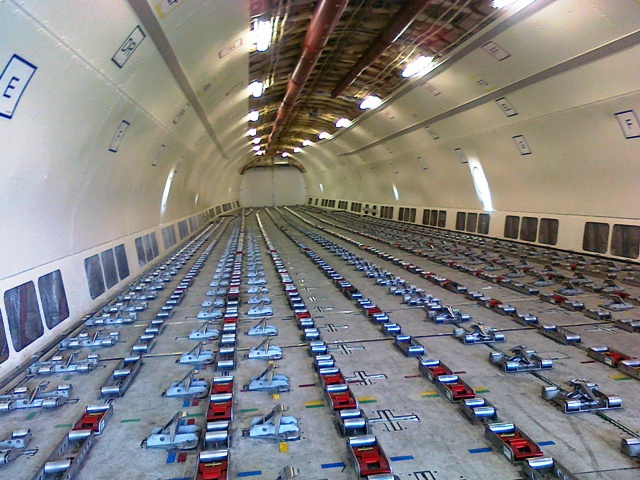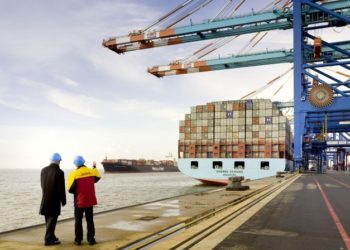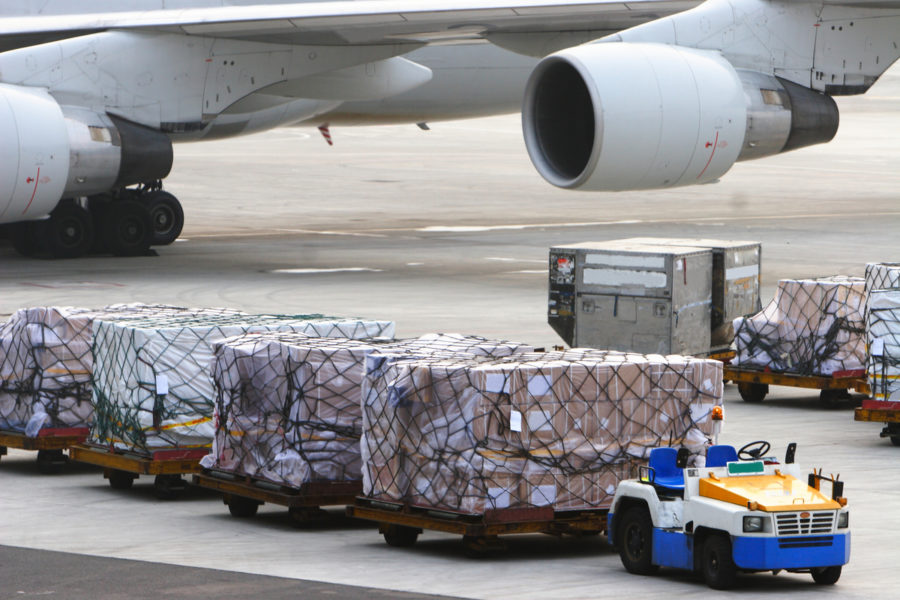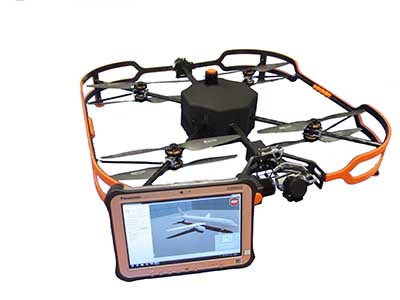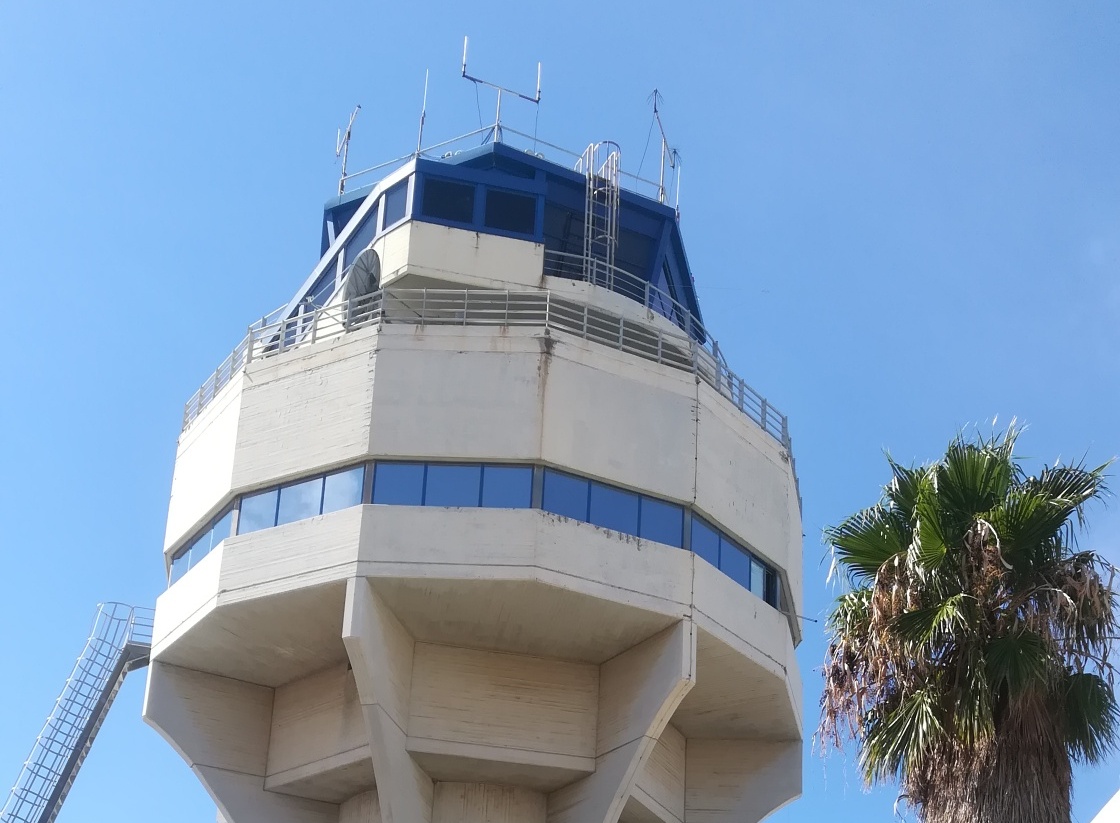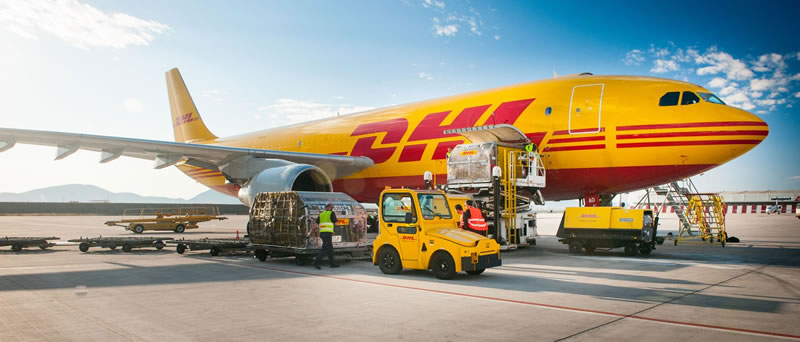E-commerce was a leading driver of the rapid growth in global air cargo traffic last year, according to Airports Council International.
But the airport lobbyist warned a potential US-China trade war threatened the industry’s rebound after years of mediocre growth.
Total cargo including mail handled at all airports worldwide expanded by 7.9% year-on-year in 2017, while international freight grew by 9.9% over the same period.
ACI said the air freight industry had experienced a revival across many of the world’s airports in 2017 and this had continued into 2018.
“Even with the uncertainty regarding the threat of trade wars and the growth of protectionist sentiments across the world, business confidence remained strong through inventory build-ups and increased export orders in 2017,” said ACI.
“A strengthened economy in the United States, together with an increase in global industrial production, and a strong US dollar have boosted inbound air cargo markets in recent years.”
Angela Gittens, Director General, ACI World, said air cargo stakeholders benefitted from improved economic growth and strong growth from e-commerce during 2017.
“The surge in cargo volumes and passenger numbers across many of the world’s airports is testament to heightened business and consumer confidence, at least in the short term,” she said. “The world’s airports continue to be a vital link in the economic multiplier effect that aviation provides and the role it plays as an enabler for global commerce is growing.”
“The universal access to online retail and e-commerce platforms represents a competitive pressure to the traditional brick and mortar retail shops in certain markets but the huge growth in e-commerce has fuelled the air cargo side of the airport business. This has resulted in increased global activity, especially in major markets such as China and the US.”
However, Gittens warned that ongoing sabre-rattling between the US and China and the threat of an escalation of trade tensions could hurt consumer confidence and dampen growth.
“The spectre of uncertainty regarding trade policy among major economies comes at a time when global commerce and our industry has recently thrived,” she added. “The trans-pacific link, for instance, is an important ingredient in boosting international passenger traffic and international freight volumes.
“Connecting people, business and places still remains paramount to the aviation sector despite the recent threats of a step backwards in market liberalization in some major economies.”
The trade body said the world’s 20 busiest airports handled 43% of global air cargo volumes during 2017. This amounted to over 51m tonnes of cargo, up 6.8% year-on-year.
Hong Kong was again the leading freight hub during 2017 as it recorded year-on-year growth of 9.4% to keep it ahead of Memphis, which recorded only a 0.3% increase in traffic despite generally high demand across the US.
In third place was Shanghai, followed by Incheon, Anchorage, Dubai, Louisville, Tokyo, Taipei and Paris. London Heathrow was in 17th place and Amsterdam Schiphol in 19th.
Shanghai, Chicago and Doha all experienced double-digit growth rates last year of 11.2%, 12.6% and 15.0%, respectively. “Key air cargo centres, such as Chicago – O’Hare experienced growth of 12.6% for 2017,” said ACI. “The airport, which has significantly expanded its air cargo facilities, is centrally located geographically serving regional manufacturing within an intermodal transport network. The airport has also benefitted from international trade with China and other Asian countries.”
(Lloyds Loading List)







